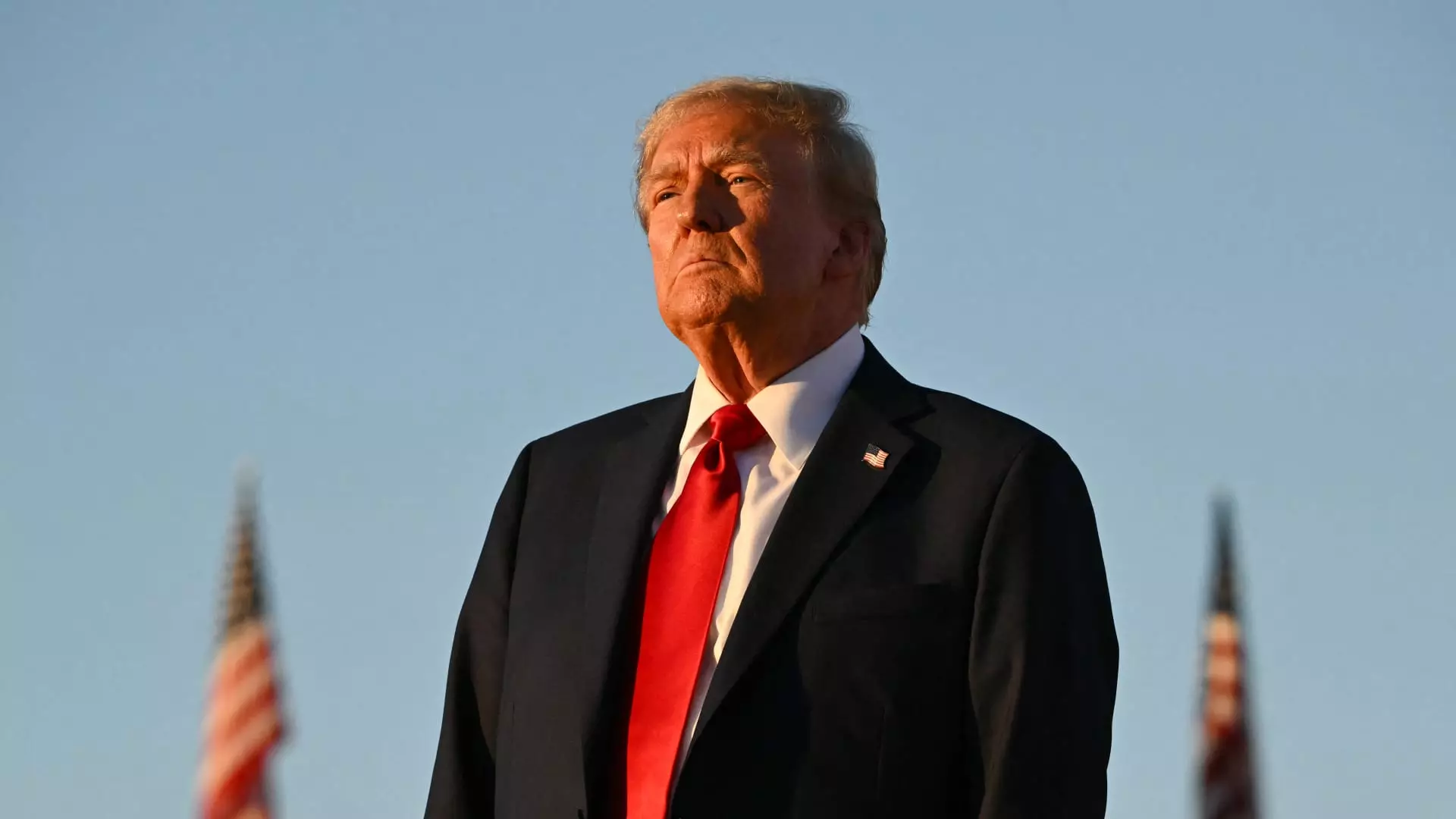In recent political discourse, Vice President Kamala Harris made a striking condemnation of former President Donald Trump during an address at her Washington, D.C. residence. This commentary arose in the wake of revelations from Trump’s former chief of staff, John Kelly, regarding Trump’s alleged admiration for Adolf Hitler. Harris stressed the gravity of these implications as she characterized Trump’s comments as not only disturbing but as a reflection of a broader desire for authoritarian control.
Harris’s assertion pointed to a chilling potential future under Trump’s leadership—one where loyalty transcends constitutional allegiance. She indicated that Trump’s yearning for militaristic loyalty mirrors historical fascism and cautioned against trivializing these sentiments. Her remarks were pivotal, especially as they coincided with the imminent presidential election. By invoking such a serious historical context, Harris sought to alert the electorate to a danger she perceives lurking behind Trump’s political ambitions.
As the election looms closer with millions already participating in early voting, Harris’s rhetoric underlined the urgency of the moment. She projected a stark dichotomy: Trump, a man veering towards unchecked power, versus a nation faced with the critical choice of its future. Harris’s words played into a narrative that positions the election as not merely a vote but a pivotal decision that defines the very essence of American democracy.
By highlighting Trump’s volatility, particularly in the context of him potentially being denied any moderating influences—like Kelly—should he be re-elected, Harris painted a picture of a presidency fraught with risk. It raises the alarming concern that without checks and balances from within his administration, Trump could pursue a more autocratic trajectory, further challenging democratic norms.
Kelly’s reflections, noting that Trump exhibits traits characteristic of fascist leaders, expand the conversation to include military and governance implications. His observations, articulated in The New York Times, pose a serious assertion about Trump’s approach to governance—one that prioritizes personal allegiance over democratic responsibility. This rhetoric reveals not only a critique of Trump’s leadership style but also a broader concern about his vision for the country.
Harris’s challenge to the electorate is twofold: to recognize the present dangers and to actively engage in the democratic process. She stresses the potential ramifications of allowing Trump to consolidate power unchecked, echoing historical lessons about authoritarianism. Her statements serve as an urgent reminder that democracy is a living entity that requires protection and vigilance.
With the election date approaching, Harris’s incisive remarks disrupt any narratives that downplay the election’s significance. By casting Trump’s potential re-election as an imminent threat to the American democratic framework, she calls voters to act decisively. The underlying message is that complacency could lead to a future fraught with the very issues many wish to eradicate.
As the political landscape grows increasingly polarized, Harris’s critique serves to galvanize support around democratic ideals. Her eloquent warnings urge American citizens to remain vigilant and to ensure that their vote counters any narrative of autocratic ambition—ultimately shaping the future of the nation. As history teaches, every election is not merely a political contest but a reflection of the values voters wish to uphold in their society.

Leave a Reply